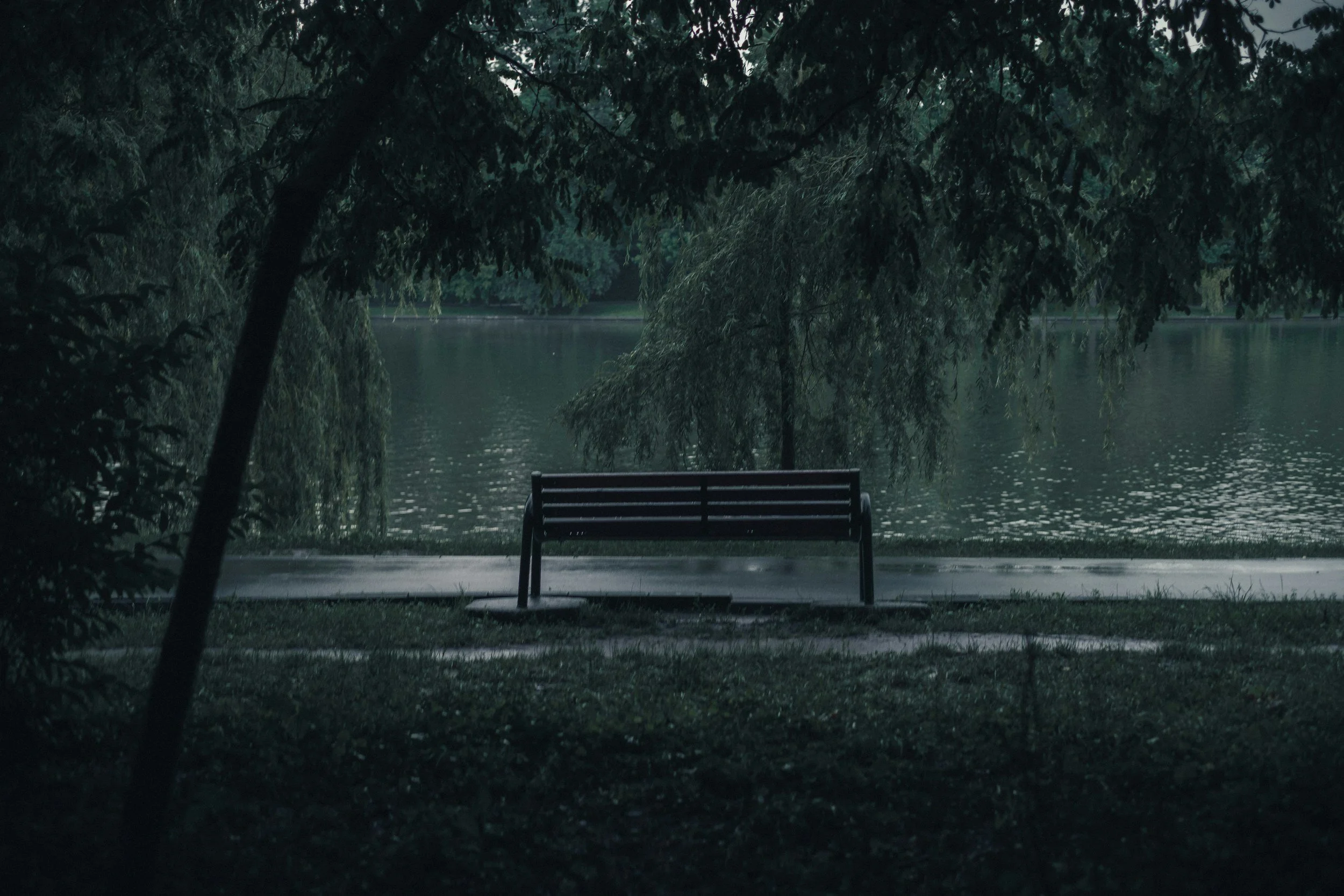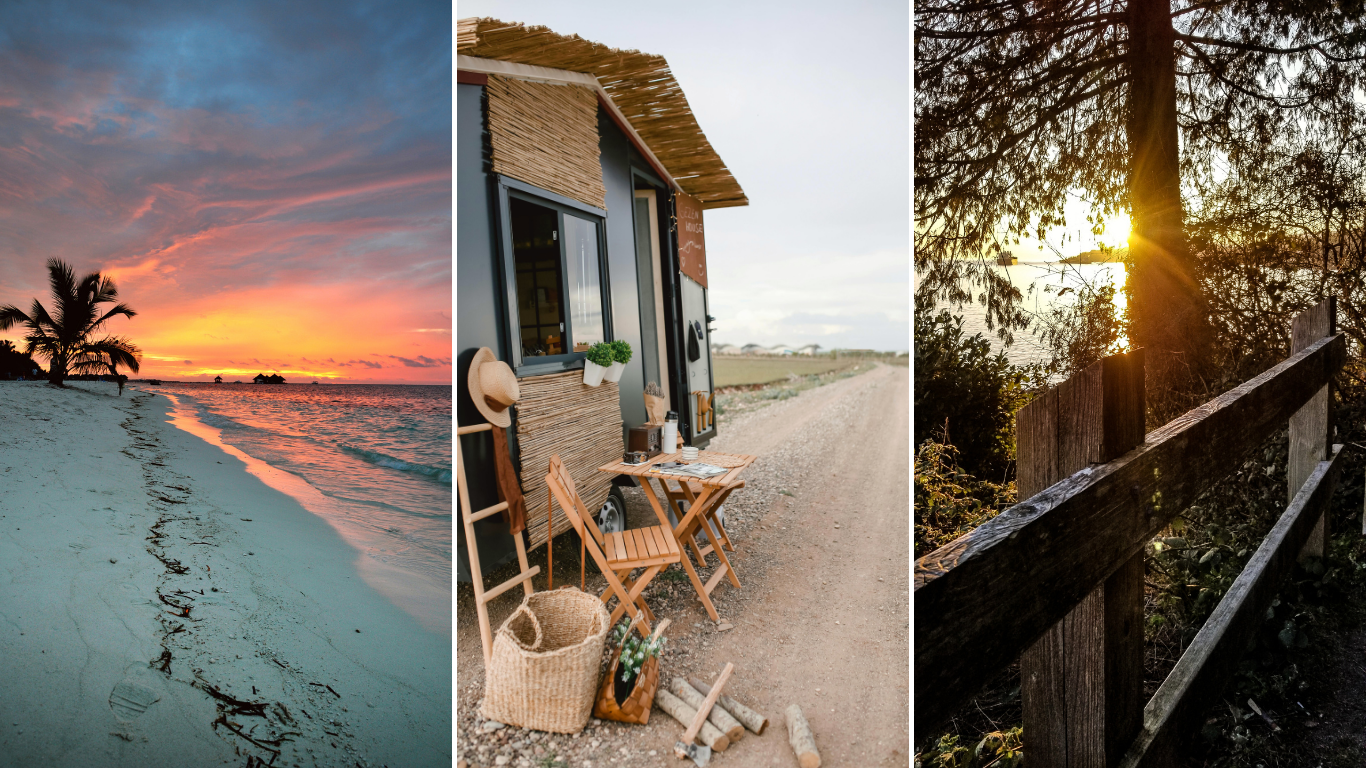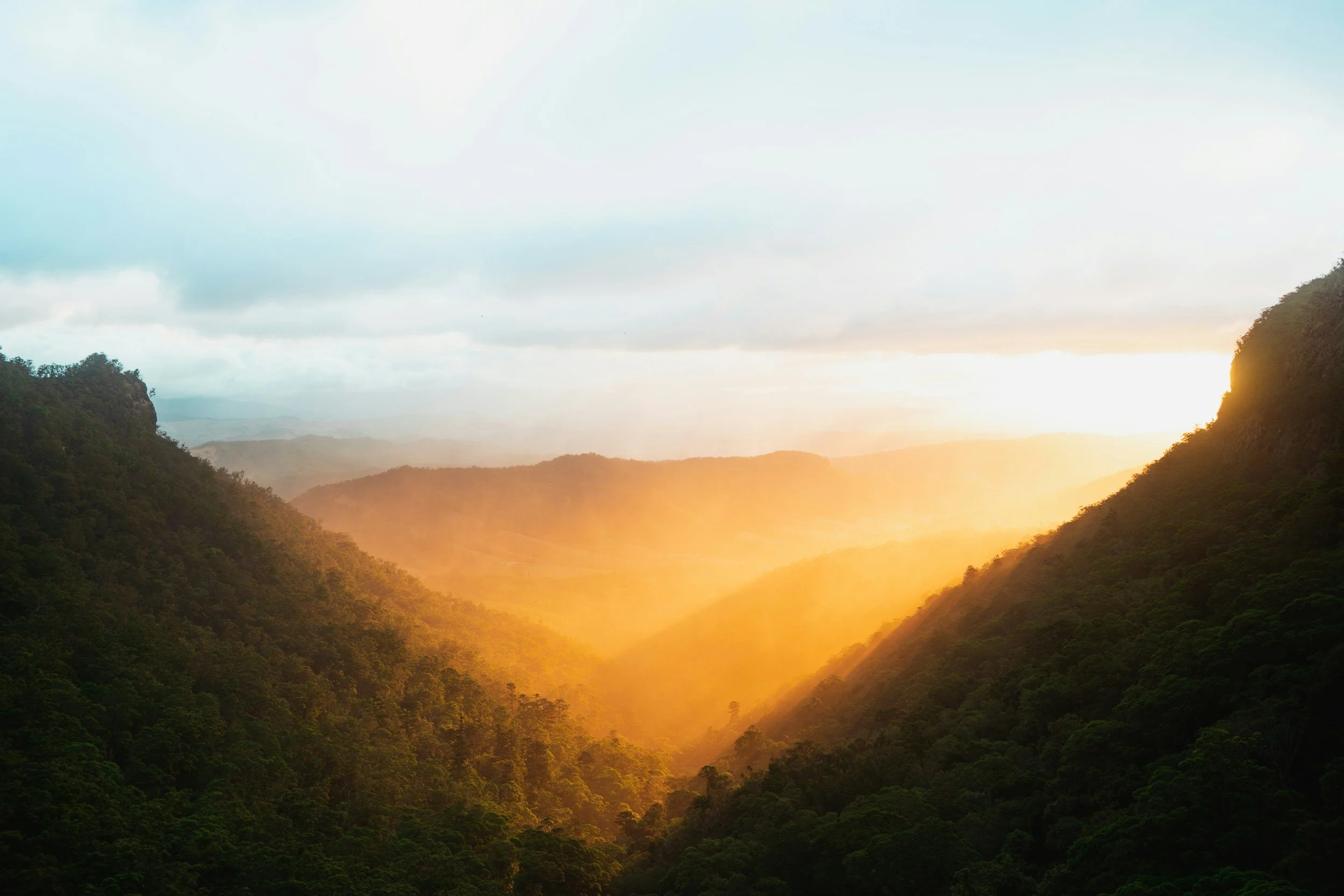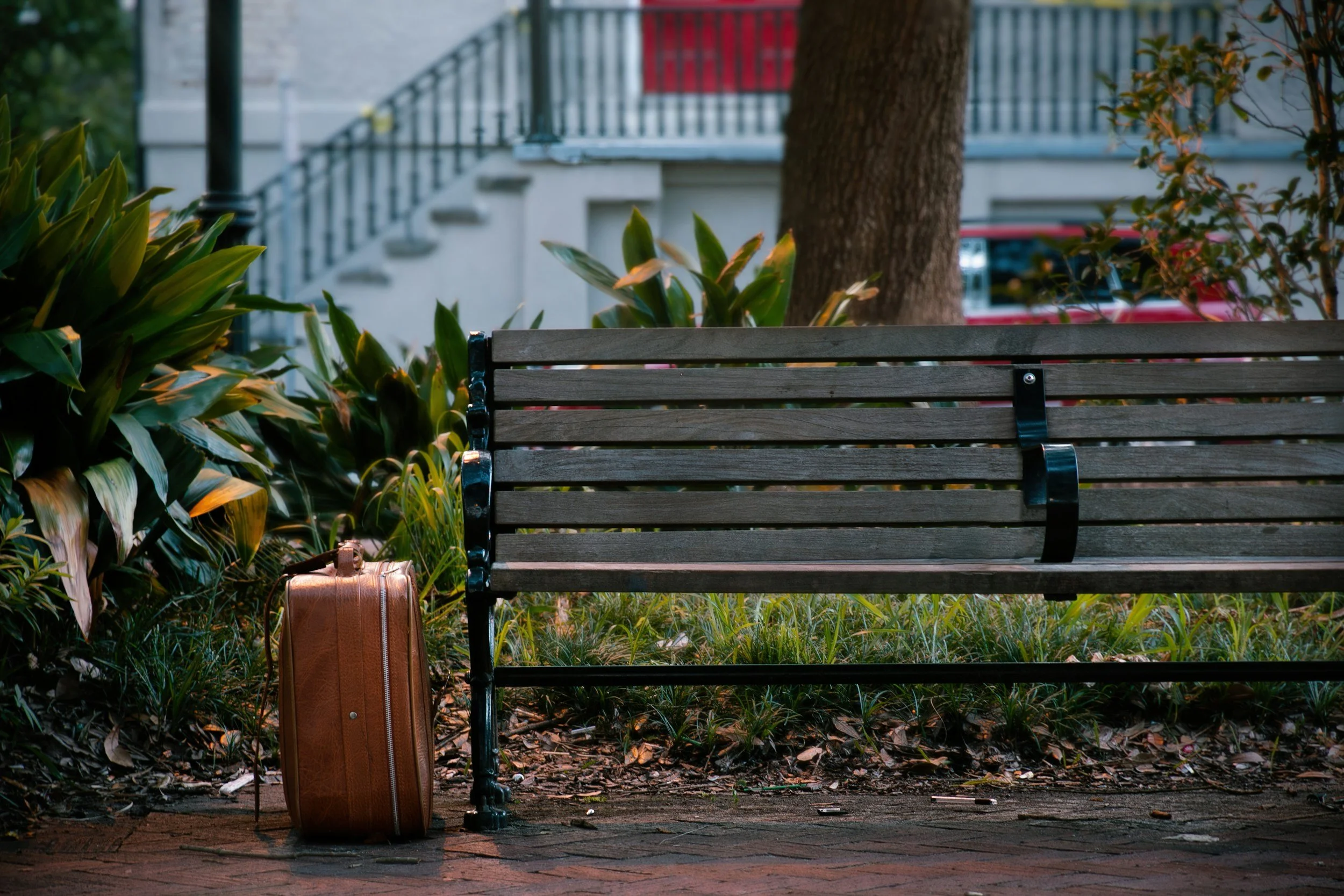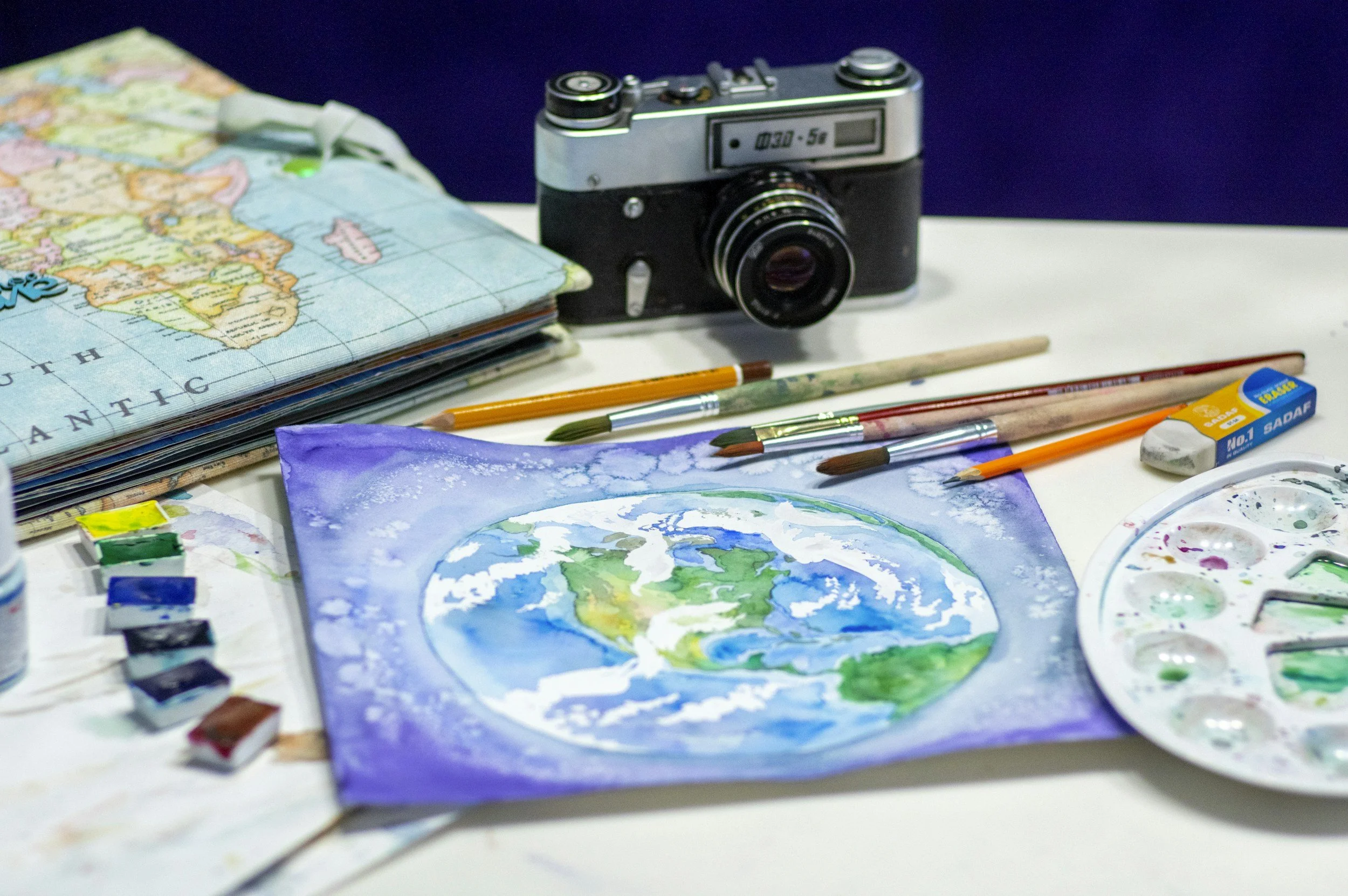When You Have the Time, Where Does the Focus Go?
Manage Your Energy, Not Your Time
I used to think productivity meant squeezing more out of the hours I had. If I could just find the right app, the perfect routine, or the holy grail of time management, maybe I’d finally feel like I was on top of things. Like I was doing life “right.”
But the truth is, it wasn’t more time I needed. It was more energy. More focus. And a bit more honesty about how I work best.
Why “More Time” Isn’t the Answer
There were days I had all the time in the world. Empty calendar, no meetings, no one expecting anything from me. I’d think, This is it. This is when I’ll finally get everything done.
Then I'd scroll. Wander. Tidy the same drawer again. Open my laptop, then leave it. The hours passed, and at the end of the day, I’d wonder how I’d wasted so much time.
The problem wasn’t the lack of time. It was the lack of clarity, energy, and intention. Time is neutral. It’s what we bring to it that matters.
Start With Energy, Not Schedules
I’ve stopped asking, How can I fit more in today? and started asking, What do I have energy for today?
This small shift has changed everything.
Instead of assuming I can focus deeply at 8 a.m. (spoiler: I can’t), I start slow. My best work usually comes in the late afternoon–after I’ve had time to process, wander a bit, and let ideas settle. That’s when I’m still clear-headed and haven’t spiralled into overthinking.
That rhythm didn’t come from a productivity book. It came from noticing. Paying attention to how I naturally move through the day and gently adjusting my life around it.
We’re Not Meant to Be Robots
Most time management advice treats us like machines: input time, output results. But we’re not machines. We get tired. Inspired. Distracted. We have hormones and mood swings and random nights of bad sleep. We get bored.
And still, we expect ourselves to function on a fixed schedule and be “on” all the time.
Energy management, instead, is softer. It asks, When do you feel most alive? When do you feel depleted? What lights you up–and what drains you?
It’s not always convenient. But it’s more sustainable.
Figure Out Your Focus Windows
There’s a moment in the day when your mind is clear, your body alert, and your distractions quieter.
Some people can spring out of bed and dive straight into deep work. Others feel most alive after 8 pm. Most of us are somewhere in between.
Your job isn’t to fit yourself into someone else’s calendar. It’s to find those windows of focus–and protect them.
For some, that means guarding a sacred 90-minute stretch in the morning. No phone. No tabs open. Just a single task and maybe some music in the background. It doesn’t always flow perfectly, but even 30 good minutes can shift the tone of a whole day.
The important thing is not when you work, but how you show up for it.
You Don’t Need to Earn Rest
One of the most damaging ideas I’ve internalised is that rest has to be earned. That I can only lie down when I’ve ticked off everything on my list.
But when you manage your energy instead of your time, rest becomes part of the strategy–not a reward for overexertion.
A nap, a walk, a few pages of a book–these aren’t indulgences. They’re investments. Because energy isn’t just something you have or don’t. It’s something you can cultivate and replenish.
Your Best Work Doesn’t Take the Most Time
Some of my best ideas have come during a ten-minute walk. Some of my favourite writing sessions have lasted under an hour. Time isn’t the metric. Presence is.
Managing your energy means making space for presence. It means choosing depth over volume. It means letting go of the guilt when you’re not “productive,” and noticing what actually moves the needle in your life.
A Gentle Reminder
You don’t need to fill every minute. You don’t need to perform productivity.
You’re allowed to move slower, to work with your rhythms, not against them. To create less, but with more soul.
Managing your energy isn’t about doing more. It’s about doing what matters–and doing it with the part of you that’s most alive.

